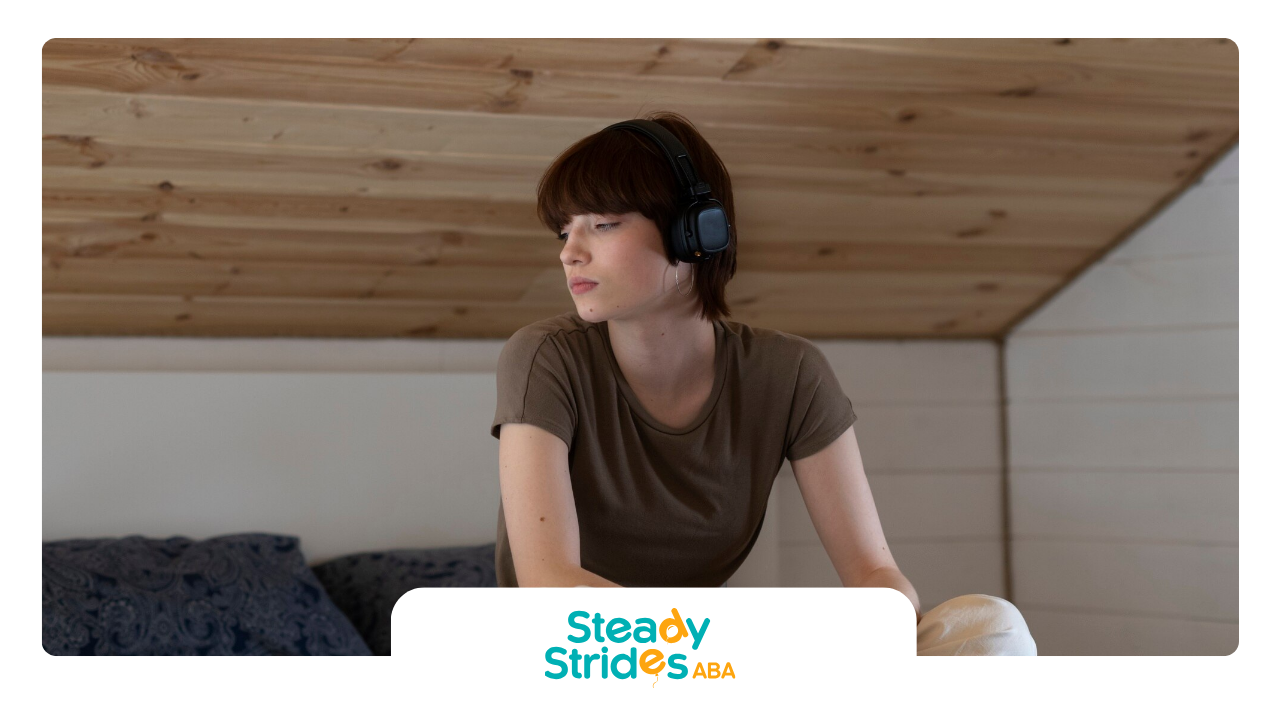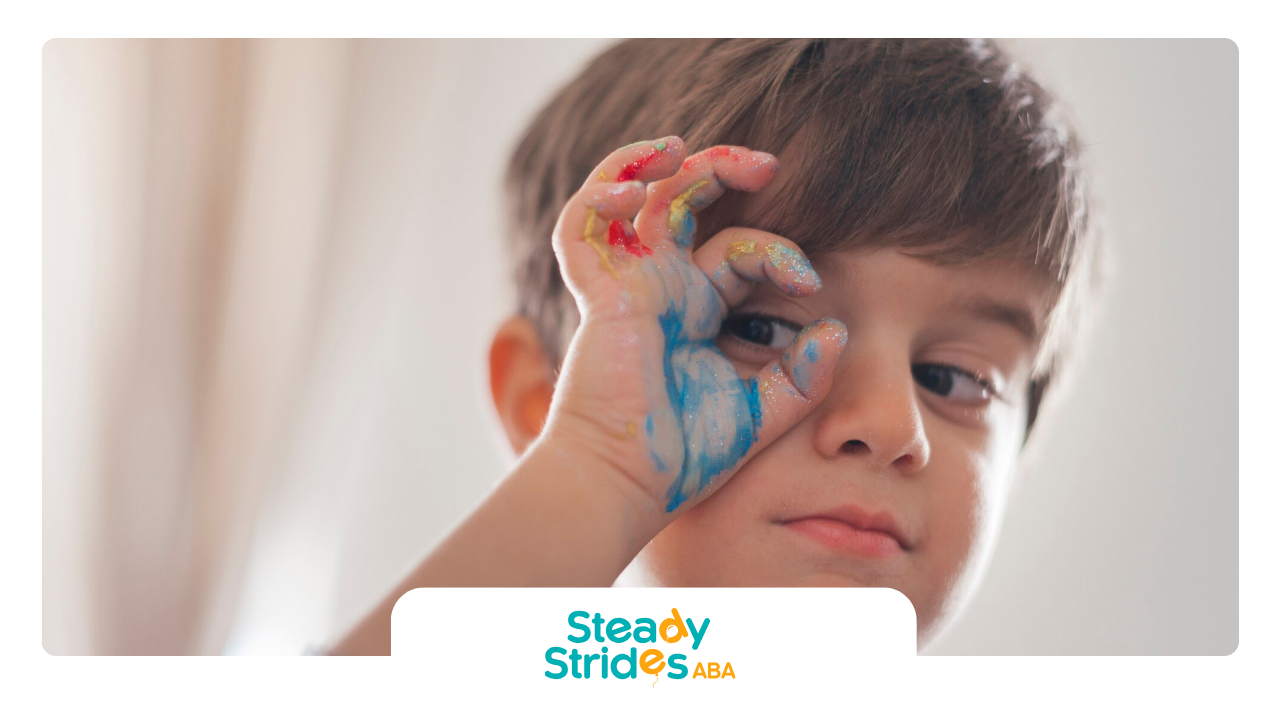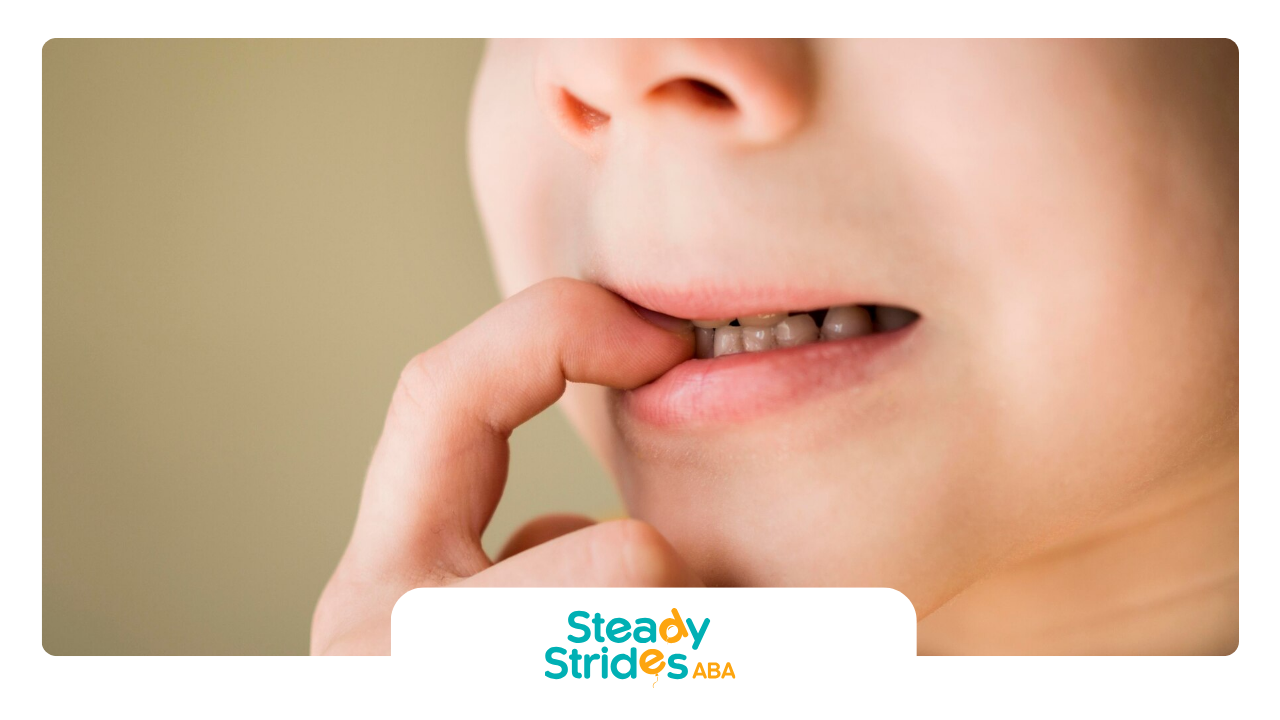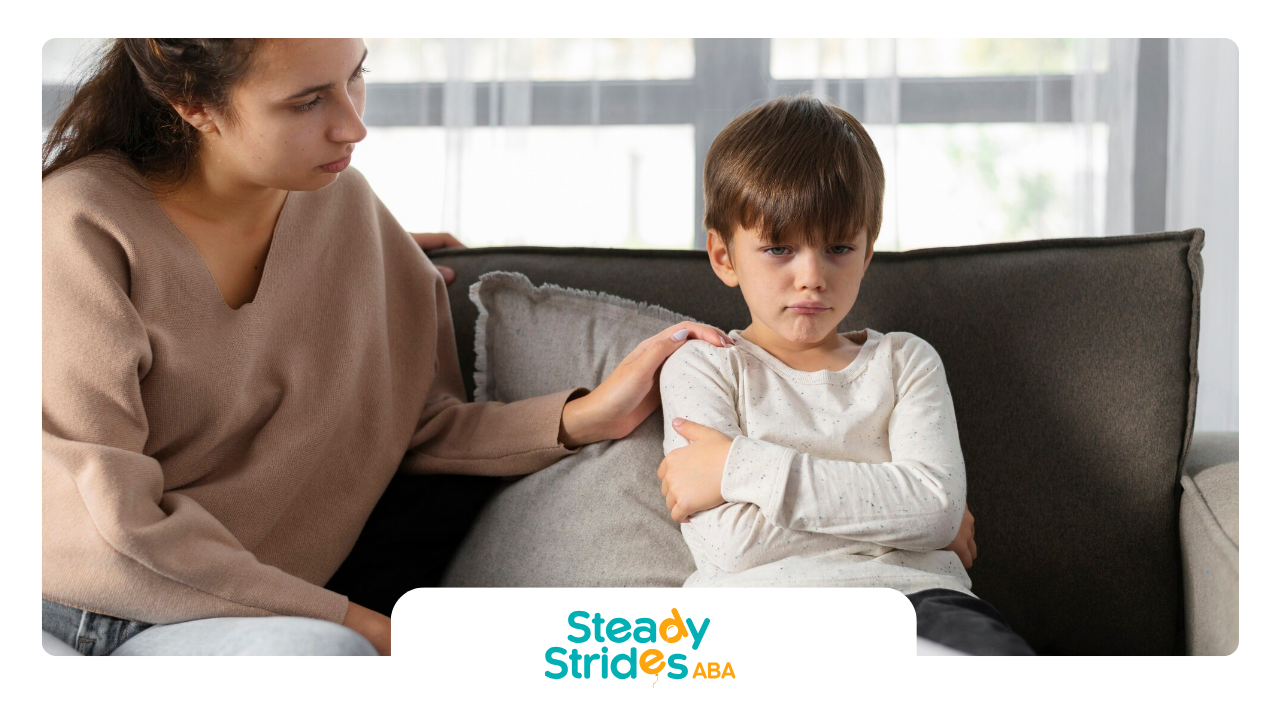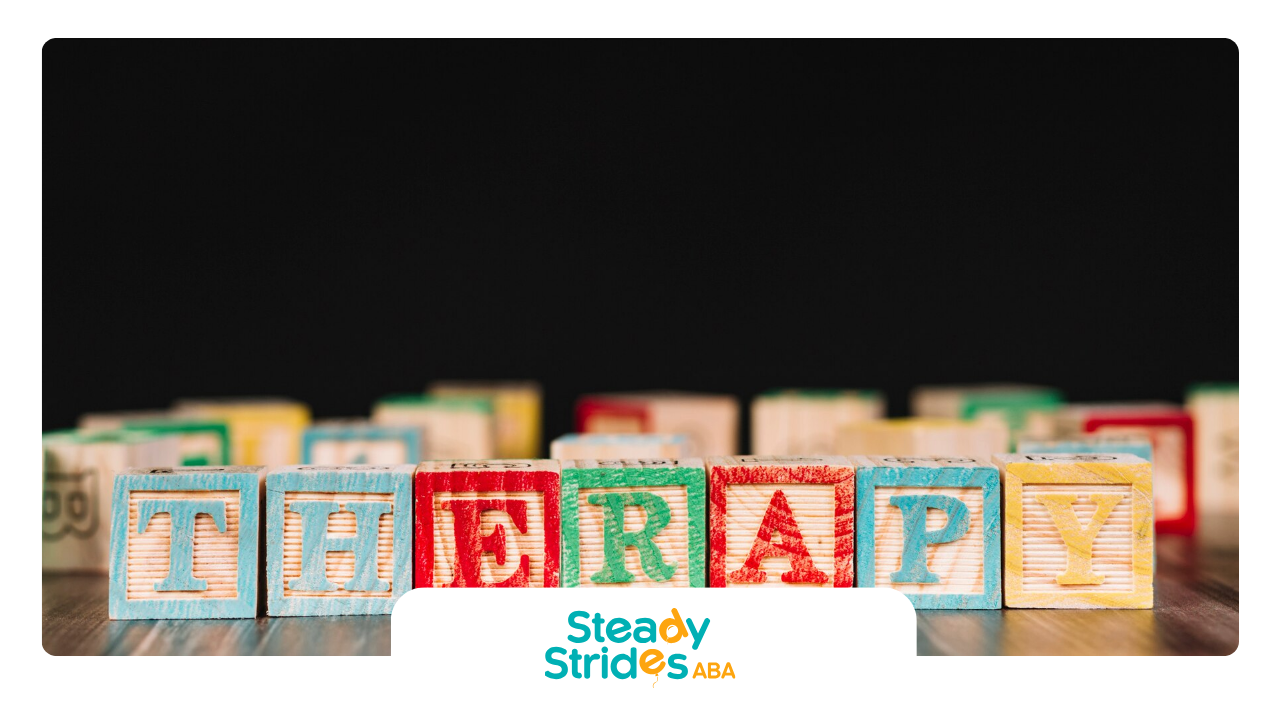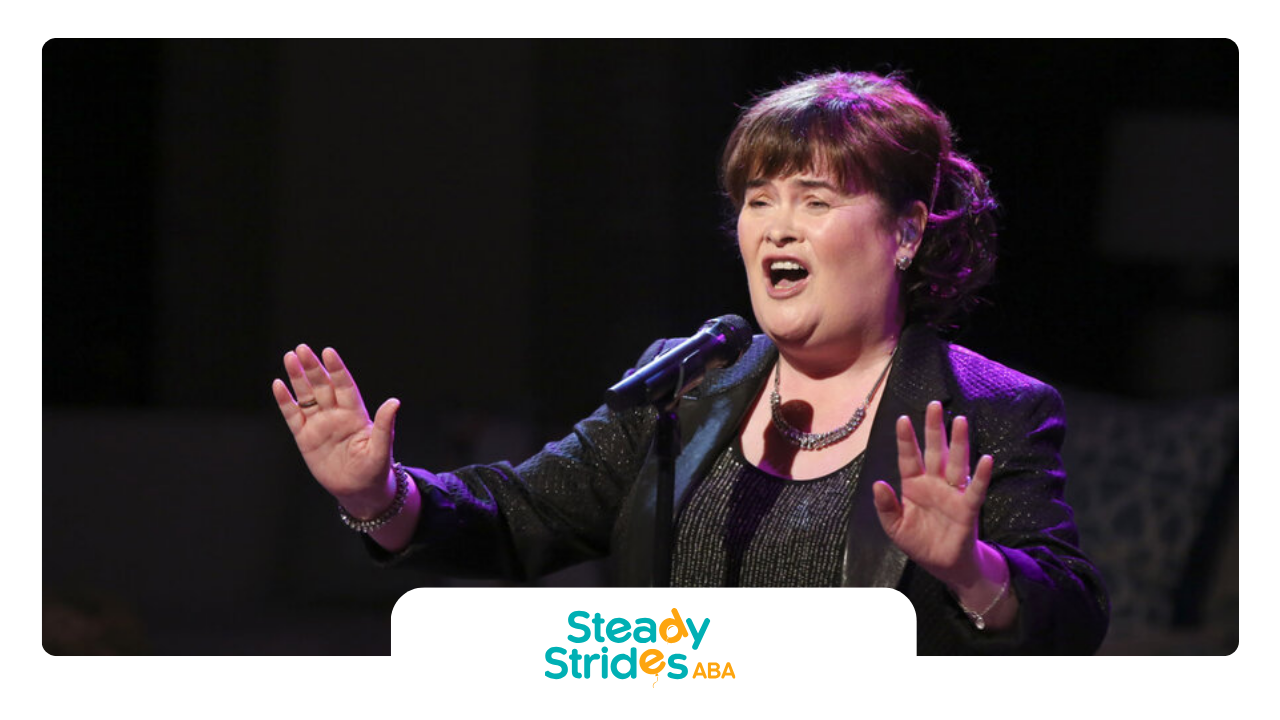Understanding Sensory Toys
Sensory toys are a game-changer for kids with autism. They're not just about having fun; they're essential tools that help kids make sense of their world by engaging their senses.
Why Sensory Stimulation Matters
Kids with autism often experience the world in unique ways, especially when it comes to processing sensory information. Sensory toys are designed to engage sight, sound, touch, smell, and taste, giving kids a safe space to explore and learn. These toys are crucial for helping kids develop their senses through play, which is key for their cognitive and physical growth.
How Sensory Toys Help
Sensory toys offer a ton of benefits for kids with autism. They help kids relax, focus, and calm down when things get too overwhelming. Plus, they make playtime more natural and enjoyable. These toys also teach important social skills like sharing and planning.
Here are some big wins of sensory toys for kids with autism:
- Engaging the Senses: Sensory toys meet the unique sensory needs of kids with autism, creating a rich environment for them to explore.
- Boosting Motor Skills:
These toys help develop both big and small muscle movements, allowing kids to focus better on tasks without constantly seeking sensory input.
- Providing Structure: Sensory toys offer predictability, which is comforting for kids with autism who thrive on routines. They give kids control over their sensory input, which can be especially soothing for those who are hyperactive or anxious.
- Balancing Sensory Needs: These toys engage multiple senses, helping kids with autism manage their sensory processing in a fun and supportive way.
While sensory toys are super helpful, they aren't a replacement for formal treatments for autism. Think of them as extra tools that support sensory development, helping kids better understand and manage their sensory experiences.
Want to know more about the best sensory toys? Check out our articles on sensory toys for children with autism, developmental toys for autism, educational toys for autistic children, and interactive toys for autistic children.
Types of Sensory Toys
For kids with autism, sensory toys are like magic wands. They help kids connect with their surroundings and grow. These toys are designed to tickle their senses and meet their unique needs. Let's break down three main types: visual, auditory, and tactile.
Visual Stimulation Toys
Visual toys are all about catching the eye. They come in bright colors, fun patterns, and sometimes even lights. These toys can be simple or complex, depending on what the child likes. Here are a few examples:
- Light-up toys that glow or flash in cool patterns.
- Colorful puzzles that are both fun and challenging.
- Bubble tubes and lava lamps that mix movement with color.
These toys do more than just look pretty. They help kids develop tracking skills and learn colors. Want to see more? Check out our visual stimulation toys.
Auditory Stimulation Toys
Auditory toys are all about sound. They can be a lifesaver for kids who love or need auditory input. Here are some options:
- Musical instruments that let kids explore different sounds and rhythms.
- Noise-canceling headphones to help manage sound sensitivities.
- Sound puzzles that make noises when pieces fit, mixing sound with learning.
These toys can boost listening skills, encourage interaction, and even calm kids down. Curious? Visit our auditory stimulation toys.
Tactile Stimulation Toys
Tactile toys focus on touch. They come in various textures, shapes, and feels. Here are some examples:
- Textured toys like sensory balls or fidget toys.
- Scented playdough or markers that add a smell element.
- Chewable or flavored toys that engage both touch and taste.
These toys help develop motor skills and provide the sensory input some kids crave. They can make it easier for kids to focus on other tasks. Want to know more? Check out our tactile stimulation toys.
Each type of sensory toy can make a big difference in a child's life. They help kids grow, manage sensory issues, and have fun while learning. For more options, explore our collection of interactive toys for autistic children.
Sensory Toys for Relaxation
Sensory toys are a game-changer for kids with autism, helping them chill out and focus. These toys are crafted to meet their unique sensory needs, making playtime both fun and therapeutic.
Chill-Out Sensory Toys
These toys are all about creating a calm vibe, reducing anxiety, and making kids feel safe. They’re lifesavers in stressful situations. Take the Hugging Peapod and Sensory Vibrating Pillow from
Playlearn, for example. They offer deep pressure and soothing vibrations that many kids find super comforting, helping them relax and dial down the hyperactivity.
| Toy | Type | Sensation Provided |
|---|---|---|
| Hugging Peapod | Tactile | Deep pressure |
| Sensory Vibrating Pillow | Tactile/Vibratory | Soothing vibration |
Toys That Boost Focus
These toys help kids zero in on tasks by providing predictable and structured stimulation. This is gold for kids with autism who thrive on routine.
Think sensory fidget tools and concentration games. They’re fun and keep kids engaged. When picking these toys, it’s key to consider what the child likes to make sure they stay interested.
Why Relaxation Matters
Sensory toys do more than just calm and focus; they offer a bunch of therapeutic perks. They help kids with autism self-regulate, pay attention longer, and get tactile and proprioceptive input. This boosts their social skills, like sharing and planning, and improves their motor skills.
Playing with these toys gives kids the sensory input they crave in a controlled way, so they don’t have to seek it out constantly. This means they can focus better on learning and interacting with their surroundings.
Check out our collections for a variety of sensory toys designed to calm and focus kids with autism. We’ve got sensory toys for children with autism, developmental toys for autism, educational toys for autistic children, and interactive toys for autistic children. These resources can help parents and professionals find the perfect toys to meet each child’s unique needs and preferences.
The Magic of Sensory Toys
Sensory toys aren't just fun and games; they're powerful tools that can make a world of difference for kids with autism. These toys can boost various developmental skills, like interaction, social abilities, and cognitive functions, all while keeping things playful and enjoyable.
Boosting Interaction
Sensory toys can help kids with autism connect better with their surroundings. By engaging multiple senses, these toys can help kids focus, calm down, and relax, making it easier for them to play and interact naturally. They serve as a bridge, helping kids express themselves and respond to the world around them. Studies show that toys designed for cooperative play can significantly boost interaction between autistic kids and their peers, enhancing their ability to engage with others.
Building Social Skills
For kids on the autism spectrum, learning social skills like sharing, planning, and negotiating can be tough. Sensory toys designed for social skill development offer a fun way to practice these skills. Toys that encourage talking, like board games, or those that require back-and-forth play, like ball games, are great for promoting conversation and engagement with others. Check out our selection of interactive toys for autistic children for more ideas.
Boosting Brain Power
Sensory toys also help boost cognitive skills in kids with autism. By providing hands-on experiences and stimulating different senses, these toys can help develop motor skills, attention span, and cognitive processes. Toys that offer tactile and proprioceptive stimulation can strengthen muscles and improve self-regulation, allowing kids to focus better on tasks. Examples include the Hugging Peapod and Sensory Vibrating Pillow, which provide comforting sensations in a safe way. For more on toys that support cognitive growth, visit our section on educational toys for autistic children.
Adding sensory toys to a child's daily routine can lead to big improvements in their ability to interact, develop social skills, and enhance cognitive functions. While these toys are helpful, they should complement formal therapies. Every child is unique, so the choice of sensory toys should match their interests, abilities, and therapeutic goals. Explore our curated list of sensory toys for children with autism and developmental toys for autism to find the perfect fit.
Picking the Perfect Toys
Finding the right toys for kids with autism means thinking about what they love, where they are developmentally, and keeping them safe. The goal is to find toys that are fun and help them grow.
Interests Over Age
When it comes to toys for autistic children, forget the age labels. Focus on what the child likes and their developmental stage. A toy that matches their interests can be way more engaging, no matter what the box says. Ask the child or their family about their preferences to make sure the toy hits the mark. For instance, younger kids might love sensory toys like
Play-Doh, while older kids might go for fidget toys or weighted stuffed animals. As they grow, they might enjoy more complex toys like puzzles or board games.
| Developmental Stage | Suggested Toys |
|---|---|
| Early Childhood | Play-Doh Sets, Sensory Balls |
| Middle Childhood | Fidget Toys, Weighted Stuffed Toys |
| Older Children/Teens | Board Games, Art Supplies |
Safety First
Safety is key, especially for kids who might put things in their mouths. Avoid toys with small parts that could be choking hazards. Also, think about whether the toy needs adult supervision. Talk to parents to see if they're ready to help with more complex toys like science kits or craft projects. The aim is to create a safe play space that encourages independence and minimizes risks.
Matching Toys to Needs
Toys should meet the unique sensory needs of children with autism. Sensory toys can help kids manage their sensory experiences. Toys like sensory putty, squishy toys, textured balls, and sensory brushes can provide valuable feedback and aid in development. Choose toys that offer the right kind of stimulation—whether it's visual, auditory, tactile, or a mix—to support the child's sensory preferences and help them focus on learning.
| Sensory Need | Toy Example |
|---|---|
| Tactile | Sensory Putty, Textured Balls |
| Auditory | Musical Toys |
| Visual | Light-Up Toys |
In short, picking the best toys for kids with autism means paying attention to what they like, keeping them safe, and meeting their developmental needs. By choosing toys that fit these criteria, you can provide enriching experiences that help them grow and learn. For more toy ideas, check out our resources on educational toys for autistic children and interactive toys for autistic children.
Play Therapy for Autism
Play therapy uses the magic of play to help kids with Autism Spectrum Disorder (ASD) improve their communication, social skills, and emotional control. It’s designed to meet the unique needs and abilities of children with autism, offering a safe space for growth and learning.
Why Play Therapy Rocks
Play therapy offers a bunch of benefits for kids with autism:
- Boosts Emotional and Social Skills:
Kids can express their feelings and learn social skills naturally through play.
- Cuts Down on Behavioral Issues:
It helps turn challenging behaviors into positive actions and self-expression.
- Teaches Self-Control:
Kids learn to manage their emotions and behaviors in a safe environment.
- Builds Independence: Over time, guided play helps kids become more self-reliant.
These benefits show why play therapy is a key part of helping kids with ASD, supporting their unique needs and overall growth.
Different Flavors of Play Therapy
There are a few types of play therapy that can help kids with autism:
- Child-Centered Play Therapy: Therapists join the child's world through play, helping to reduce core symptoms of ASD.
- Floor Time Play Therapy: The therapist or caregiver gets down on the floor, guiding play to match the child's developmental level and interests.
These methods give kids with autism a structured way to explore, learn, and grow.
Play Therapy for Better Social Skills
Play therapy is great for improving social skills in kids with autism. Toys designed for cooperative play can significantly boost interaction between autistic kids and their peers. These toys often have sensory elements like sound and light to make them more engaging and encourage cooperative play. Clinical tests show that such toys can greatly improve the interactive abilities of kids with autism, enhancing their social skills and quality of life.
For parents and professionals looking to support the social development of kids with autism, incorporating play therapy sessions with specially designed therapeutic toys for autism can be a smart move. Plus, resources like
developmental toys for autism,
educational toys for autistic children, and
interactive toys for autistic children can complement play therapy to create a well-rounded developmental experience.



